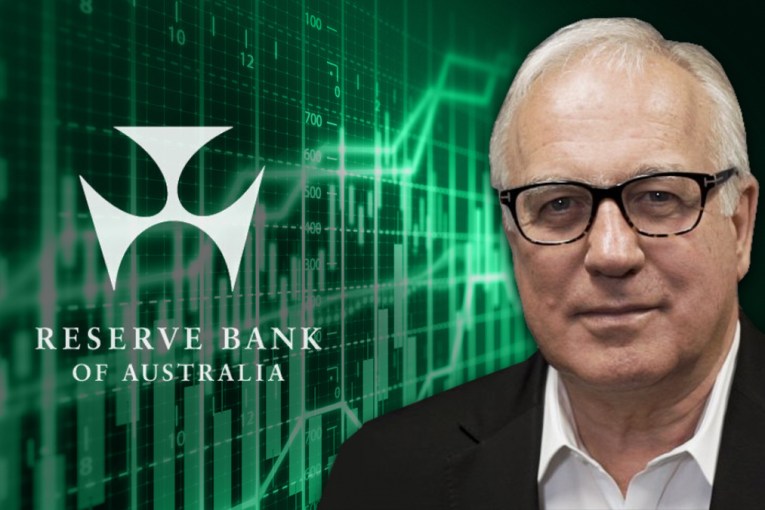Millennials need more than a hug, starting with job security and wage justice


Ita Buttrose's comments on millenial workers missed the mark, Anika Wells writes. Photo: Getty
Ita Buttrose was born three years before the commencement of an era of economic expansion so successful it was dubbed the “Golden Age of Capitalism”. By contrast her millennial staffers are experiencing the third global economic crisis of their working lives.
Speaking at the Australia-United Kingdom Chamber of Commerce, a members-only organisation that costs $5,351.60 a year to join, the ABC chairwoman commented that young workers lack resilience, constantly want to be thanked and “almost need hugging” for regular reassurance.
Precious few millennials have participated in a labour market that hasn’t been in a volatile state, and the evidence shows that young people have borne the financial brunt.
That’s not our arms reaching out for a hug, that’s us holding a defensive crouch.
We entered the workforce during the Global Financial Crisis – the one where Australia experienced one of the largest increases in young people unmoored from education, employment or training in the entire OECD.

Millennials scraping by with ‘gig economy’ jobs are on the road to nowhere. Photo: Getty
Since then, more than a decade of increasing casualisation of the workforce has contributed to mass youth unemployment.
The June labour figures show that 334,000, or 16.4 per cent of young Australians, are unemployed and looking for work – the highest level in 23 years.
Insecure work is a massive problem in Australia, and our federal parliament should be debating what we do about fixing it – and fixing it urgently.
Young people, and particularly young women, are over-represented among the ranks of casual workers subject to insecure employment and excluded from JobKeeper.
Snubbed by their Federal Government, they have had to search for alternate sources of income. So, 450,000 people under the age of 30 have now accessed their superannuation just to stay afloat this year.
Combined with huge HECS debts, the consequences down the track of millennials withdrawing their superannuation to make ends meet threatens the very economic security in retirement that previous generations have benefited from.
I have been hopping up and down about these facts since being elected as the youngest woman in the House of Representatives and one of only 20 parliamentarians born after 1981 – the median age of Australians in the workforce.
Nonsense on stilts
Something I heard constantly from my opponents in town hall community meetings (and as a casual dismissal ever since) is the “smashed avo indictment” which holds that it’s feverish brunching that has diminished our ability to build wealth, as did older generations by spurning luxurious lifestyle choices.
That argument is codswallop.
Pre-GFC, the median net worth of households aged 45-54 was 3.3 times higher than those aged 25-34 and the wealth of households under the age of 35 had barely moved in 15 years.
The Grattan Institute has attributed this growing wealth inequality to declining home ownership among younger Australians.
But the truth is that if millennials cut back the weekend brunching to spend only what our parents spent on eating out in order to save for our first homes, it would still take millennials between 100 to 113 years to save a 20 per cent deposit on the median home, depending on location.
So, if millennials aren’t asking for a hug, what are we asking for?
- Secure employment.
- Decent wages.
- Robust industrial relations laws designed to prevent exploitation in the workplace and criminalise rampant wage theft.
- Investment in renewable energy to create jobs and address climate change – not just Youth Jobs PaTH program 2.0.
- Legislative reform to narrow the generational wealth gap, which would mean more young people could enter the housing market.
Yes, Ita, and maybe a hug as well – once social distancing allows it.
Anika Wells MP is Labor’s federal member for the Queensland seat of Lilley.








